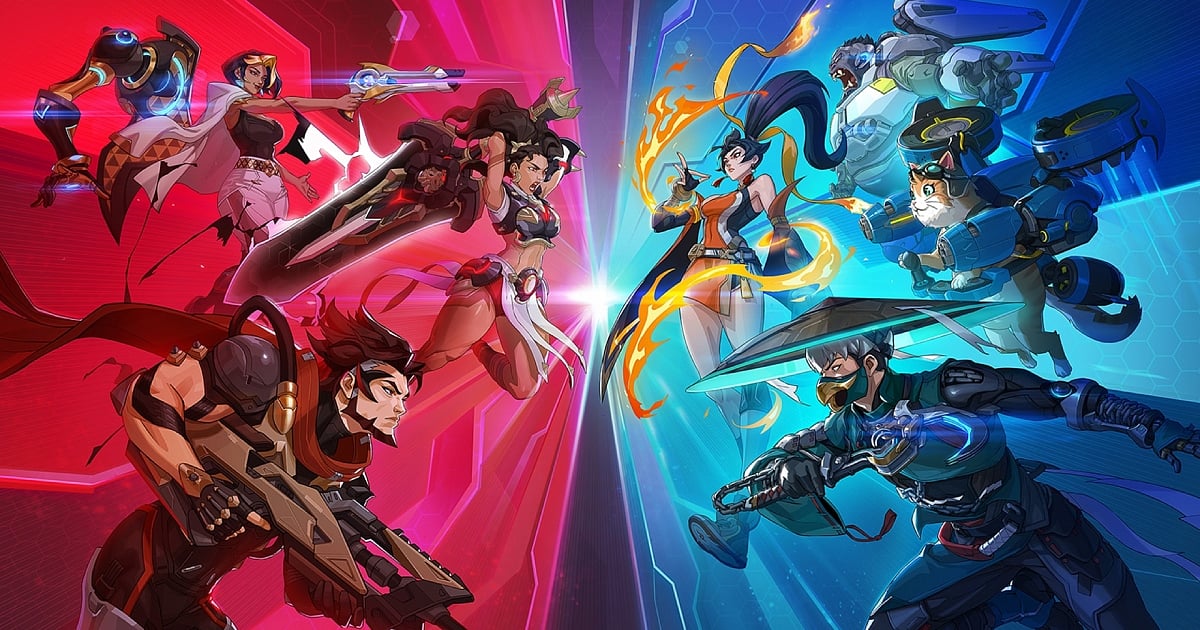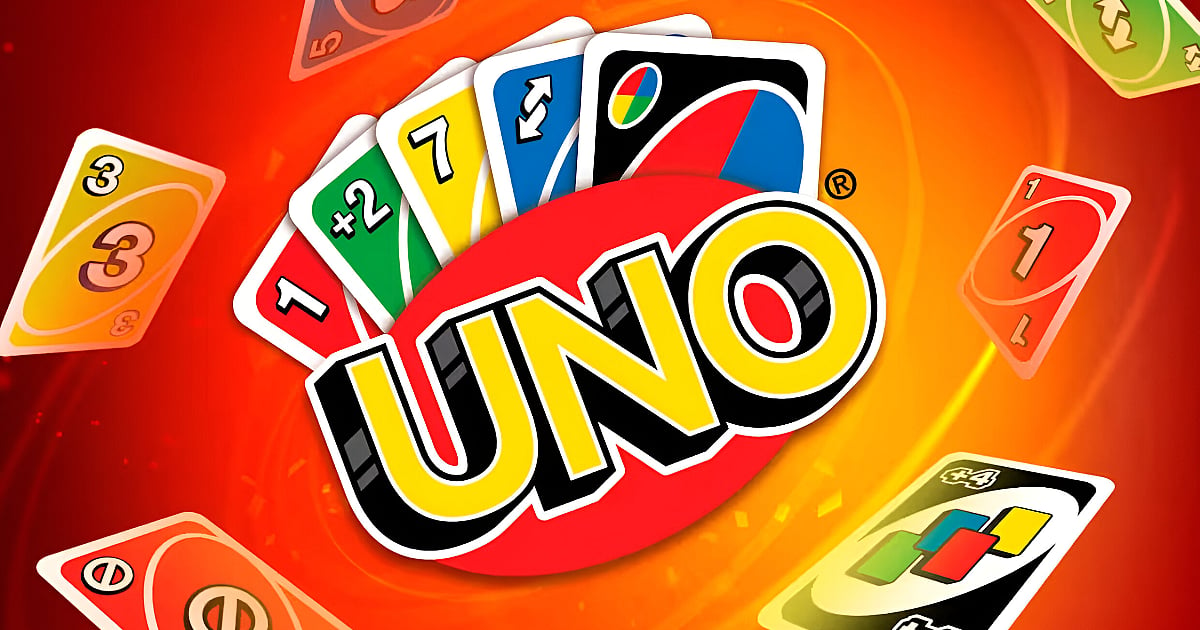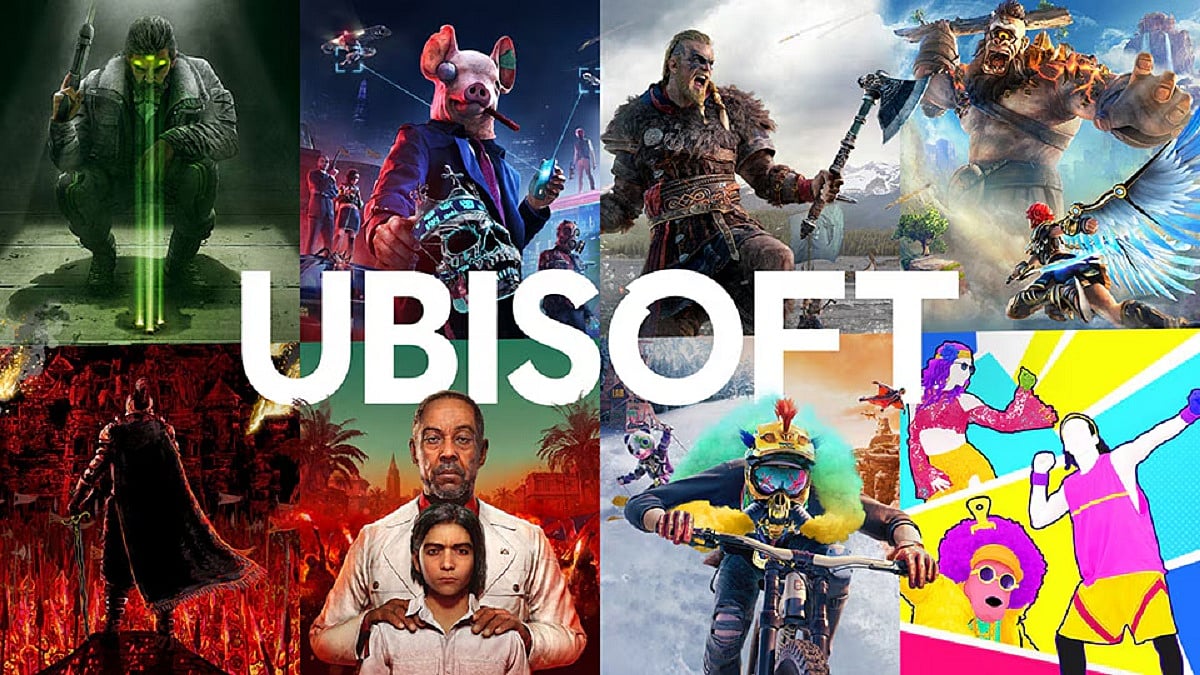
Dream 11
Dream11 Shifts Strategy Following India’s Real-Money Gaming Ban
- India’s 2025 gaming law banned real-money contests, wiping out most of Dream11’s revenue mediums.
- The firm has pivoted to free-to-play with ads, sponsorships, and “Dream11 3.0” expansion.
- It will now bets on content, travel, gaming, and fintech amid costs and legal risks.
India’s Parliament passed the Promotion and Regulation of Online Gaming Act in 2025, banning real-money gaming nationwide. The law struck a major blow to Dream11, the country’s leading fantasy sports platform, which relied on cash-based contests for most of its revenue.
Dream11 Shifts from Real-Money Games to Free-to-Play
After India’s 2025 online gaming law, Dream11 suspended all paid contests, which had generated roughly 95% of its revenue and 100% of its profits, as stated by Harsh Jain in an interview with Moneycontrol. The company has now shifted to a free-to-play model, focusing on advertising and sponsorships.
Dream11 CEO Harsh Jain has confirmed publicly that the company will not challenge the law. Instead, staff are being redeployed across content, AI, fan engagement, and sister-brand initiatives, with no layoffs. Jain stressed that talent will be the last to go and emphasized that the company is focused on building for the future rather than contesting the past.
A New Monetization Strategy
Dream11 is now focusing on generating revenue via advertising, sponsorships, and cross-platform partnerships. Branded contests, like those run with Cred, bring ads directly into gameplay, as its base of 10 million daily active users and 250 million registered users, with 70% aged between 18–35, will continue to boost targeted marketing campaigns.
Looking ahead, Dream Sports, the parent company, has laid out a “Dream11 3.0” roadmap. Under this plan, the company aims to expand its ecosystem further into FanCode (live sports content), DreamSetGo (sports travel), DreamCricket (mobile gaming), and DreamMoney (micro-investing). These are not yet at the scale of Dream11’s fantasy platform but are positioned as growth engines for the future. The broader plan is to build a diversified sports-tech ecosystem that drives fan engagement while opening new streams for advertising, sponsorship, and cross-selling.
Opportunities and Challenges
Dream11 has a large, engaged, youth-oriented user base with a strong brand, and the cross-platform synergies help retain users beyond just the fantasy contests. However, ad-based revenue often earns less per user than paid contests, and cash-free gameplay may lower participation. Regulatory limits have compelled the company to exit its ₹3.58 billion BCCI sponsorship, and additionally, reliance on content and streaming will add media costs and competition from OTT platforms. Legal uncertainty will also persist as other operators will challenge the ban, arguing it criminalizes skill-based gaming.

Author
Diya Mukherjee is a Content Writer at Outlook Respawn with a postgraduate background in media. She has a passion for writing content and is enthusiastic about exploring cultures, literature, global affairs, and pop culture.
Related Articles







